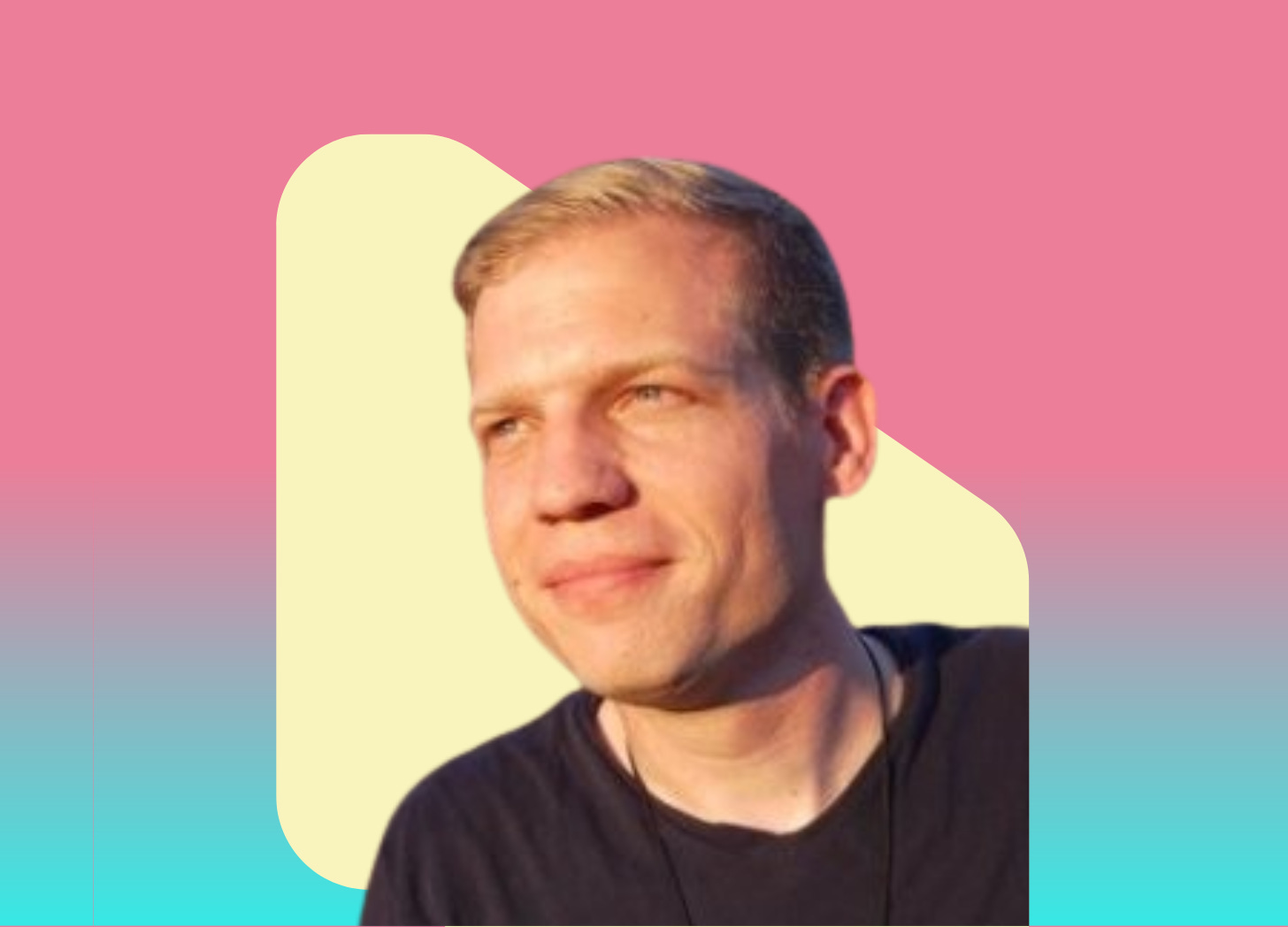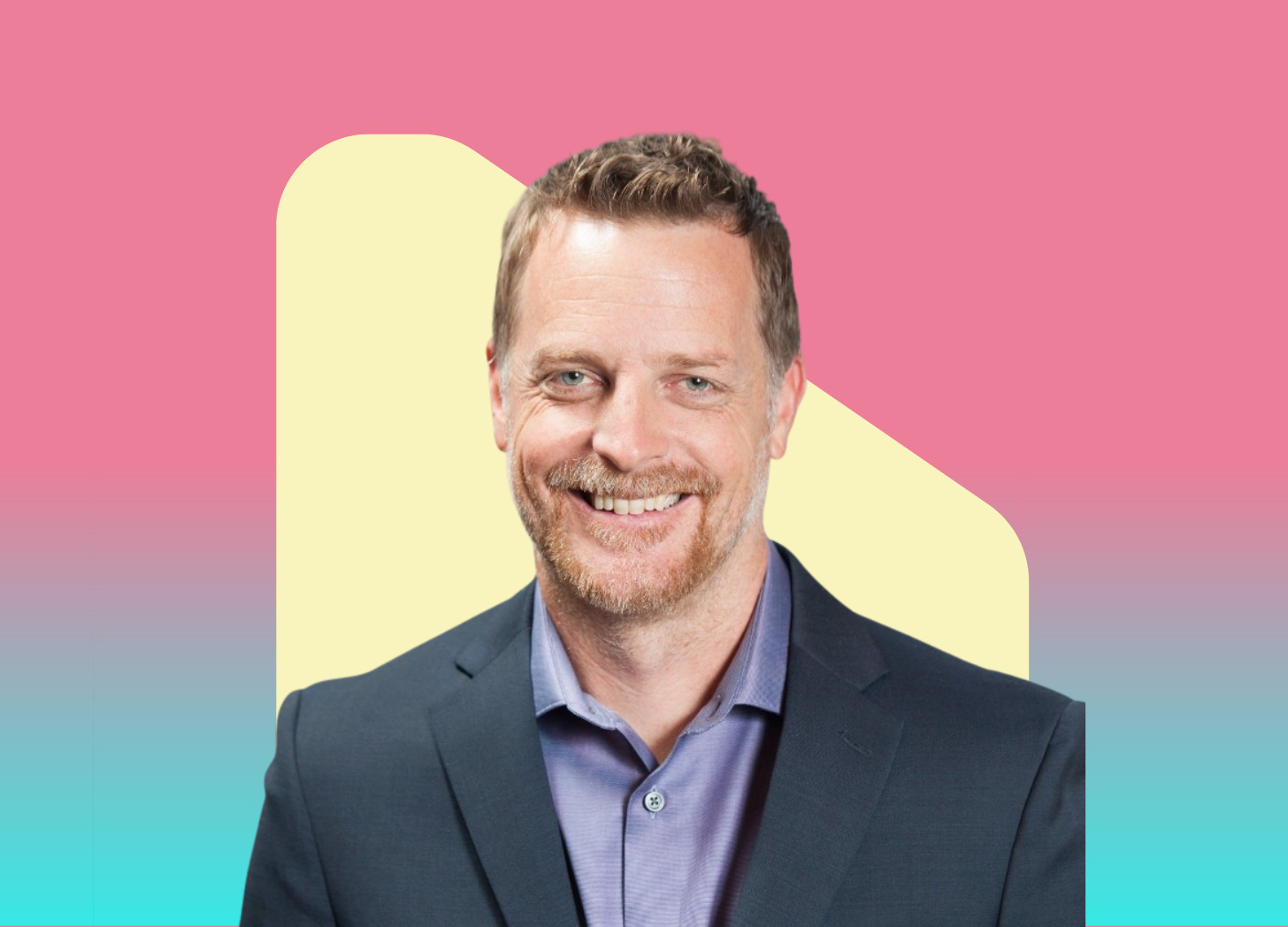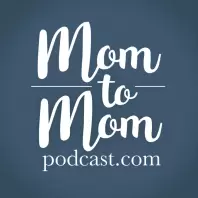Episode Summary:
In this episode of SaaSy as F**k, Jon McGreevey interviews Anthony Eden, founder and CEO of DNSimple. They discuss Anthony's journey from being a CTO to starting his own company, the challenges of running a tech business, and the importance of solving real problems. Anthony shares insights on customer acquisition, ethical business practices, and the significance of maintaining commitments in business. The conversation highlights the evolution of strategies for growth and the importance of validation through customer payments. Jon and Anthony also delve into the importance of integrity in business, the challenges of standing out in a competitive tech landscape, and the lessons learned from founding DNSimple. They explore the role of creativity in making complex topics accessible and engaging, as well as Anthony's vision for the future of DNSimple, including innovations in enterprise offerings and the cautious integration of generative AI.
Key Topics Discussed:
* Transition from CTO to Founder
* Building a Business by Solving Real Problems
* Challenges of Being a CEO in the Tech Industry
* Initial Growth and Customer Acquisition Strategies
* Evolving Approaches to Customer Engagement
* Importance of Ethical Business Practices and Integrity
* Honoring Commitments in Business
* Bootstrapping and Business Control
* Navigating Competition in the Tech Landscape
* Lessons Learned from Founding and Running DNSimple
* The Role of Creativity in Making Complex Tech Topics Accessible
* Future Plans and Innovations for DNSimple (Enterprise Offerings, Generative AI)
* The Significance of Customer Feedback for Product Development
Key Takeaways:
* Transitioning from a technical role (CTO) to a founder can be driven by the desire to solve a personal or observed problem.
* Successful businesses are often built on understanding and addressing existing problems that customers need solutions for.
* Initial customer acquisition can effectively leverage existing networks and personal audiences.
* True business validation often comes when customers are willing to pay for the offered services or products.
* Maintaining ethical practices and integrity is crucial for building long-term business success and trust.
* Commitments made to customers and partners should be honored to foster reliability and a strong reputation.
* Bootstrapping a business allows for greater control over decisions and direction, though it may present its own set of challenges.
* Listening attentively to customer feedback is essential for guiding product development and sustainable growth.
* Standing out in a crowded and competitive market requires clear differentiation and value proposition.
* Mistakes are an inevitable part of the entrepreneurial journey and offer valuable learning opportunities.
* Creativity plays a key role in communicating complex topics in an engaging and understandable manner.
* Approaching new technologies like generative AI should be done cautiously, focusing on genuine value and ethical implications.
* Continuously striving to improve customer service is a key goal for sustainable business.
Chapters:
* 00:00 - Introduction and Armadillo Anecdotes
* 02:57 - Transitioning from CTO to Founder
* 06:10 - Building a Business from a Problem
* 08:54 - The Challenges of Being a CEO
* 11:59 - Initial Growth and Customer Acquisition
* 15:00 - Evolving Strategies for Customer Engagement
* 17:54 - Ethical Business Practices and Growth
* 23:08 - Integrity and Ethical Business Practices
* 27:01 - Navigating Competition in the Tech Industry
* 31:50 - Lessons Learned from Founding a Business
* 35:24 - The Role of Creativity in Business
* 39:15 - Future Plans and Innovations for DNSimple
Keywords:
SaaS, entrepreneurship, DNS, customer acquisition, business growth, ethical practices, founder journey, technology, startup, marketing, integrity, ethical business, competition, tech industry, lessons learned, creativity, future plans, DnSimple, generative AI, customer service.
This is a public episode. If you would like to discuss this with other subscribers or get access to bonus episodes, visit
saasyasfuck.substack.com


















